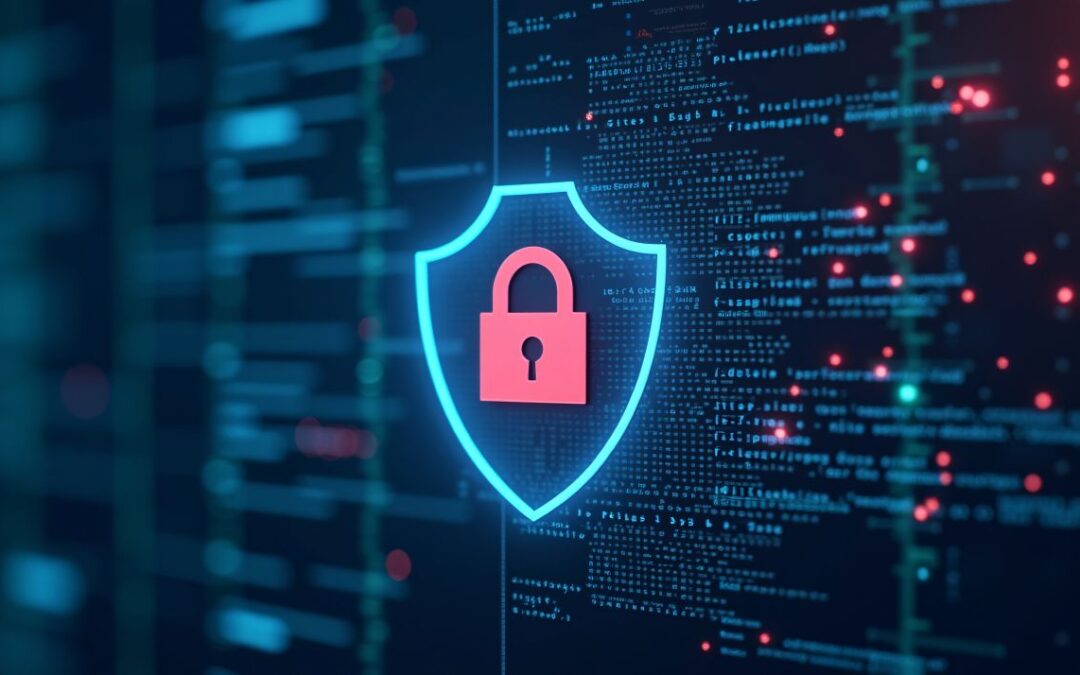Safeguarding your data is essential to protect your privacy and security. Here are some effective ways to ensure your data remains secure:
- Use Strong, Unique Passwords
Create strong passwords. Use a combination of upper and lowercase letters, numbers, and special characters. Avoid common words or easy-to-guess information.
Use a password manager: It can help you store and generate secure passwords for all your accounts, so you don’t have to rely on memory alone. - Enable Two-Factor Authentication (2FA)
Enable 2FA for your accounts whenever possible. This adds an extra layer of protection by requiring a second form of authentication (like a code sent to your phone or email) in addition to your password. - Keep Software and Systems Updated
Ensure your operating system, software, and apps are up to date. Updates often contain important security patches to fix vulnerabilities that could be exploited by hackers. - Encrypt Sensitive Data
Encrypt your devices: Use full disk encryption tools (like BitLocker or FileVault) to protect your data if your device is lost or stolen.
Encrypt your files: You can encrypt sensitive files or folders with encryption software (like VeraCrypt) to ensure they are protected. - Use Secure Wi-Fi Networks
Avoid public Wi-Fi for sensitive activities. Public networks are often insecure, making it easier for hackers to intercept your data.
Use a VPN (Virtual Private Network) to encrypt your internet connection, especially when using public Wi-Fi. - Back Up Your Data
Keep backups of your important data in case of hardware failure, ransomware attacks, or accidental deletion. Use an external hard drive or cloud storage service to back up your data. - Be Cautious with Emails and Links
Avoid phishing scams: Be careful with emails, especially those asking for personal information or containing suspicious links or attachments. Always verify the sender’s email address and be cautious about clicking links. - Secure Your Mobile Devices
Use biometric authentication (fingerprint or facial recognition) or a strong password to lock your mobile device.
Install apps from trusted sources only, such as official app stores (Google Play or Apple App Store). - Limit Access to Sensitive Data
Access control: Use role-based access control (RBAC) to limit access to sensitive data. Only give others access to data that they need.
Secure shared files: When sharing sensitive data, use secure file-sharing platforms and protect shared files with passwords or encryption. - Monitor Account Activity
Review account statements regularly for unusual activity.
Enable alerts for financial transactions or login attempts to keep track of your accounts. - Be Careful with social media
Limit personal information shared online, as it can be used to guess passwords or answers to security questions.
Adjust privacy settings to control who can view your posts and personal information. - Use Antivirus Software
Install antivirus and anti-malware programs. They can help protect your devices from viruses, malware, ransomware, and other malicious attacks.
By incorporating these practices, you can significantly reduce the risk of data breaches and ensure your data is more secure. If you have any questions, please give us a call.
Carolina Data Recovery – Your Data Recovery Experts

